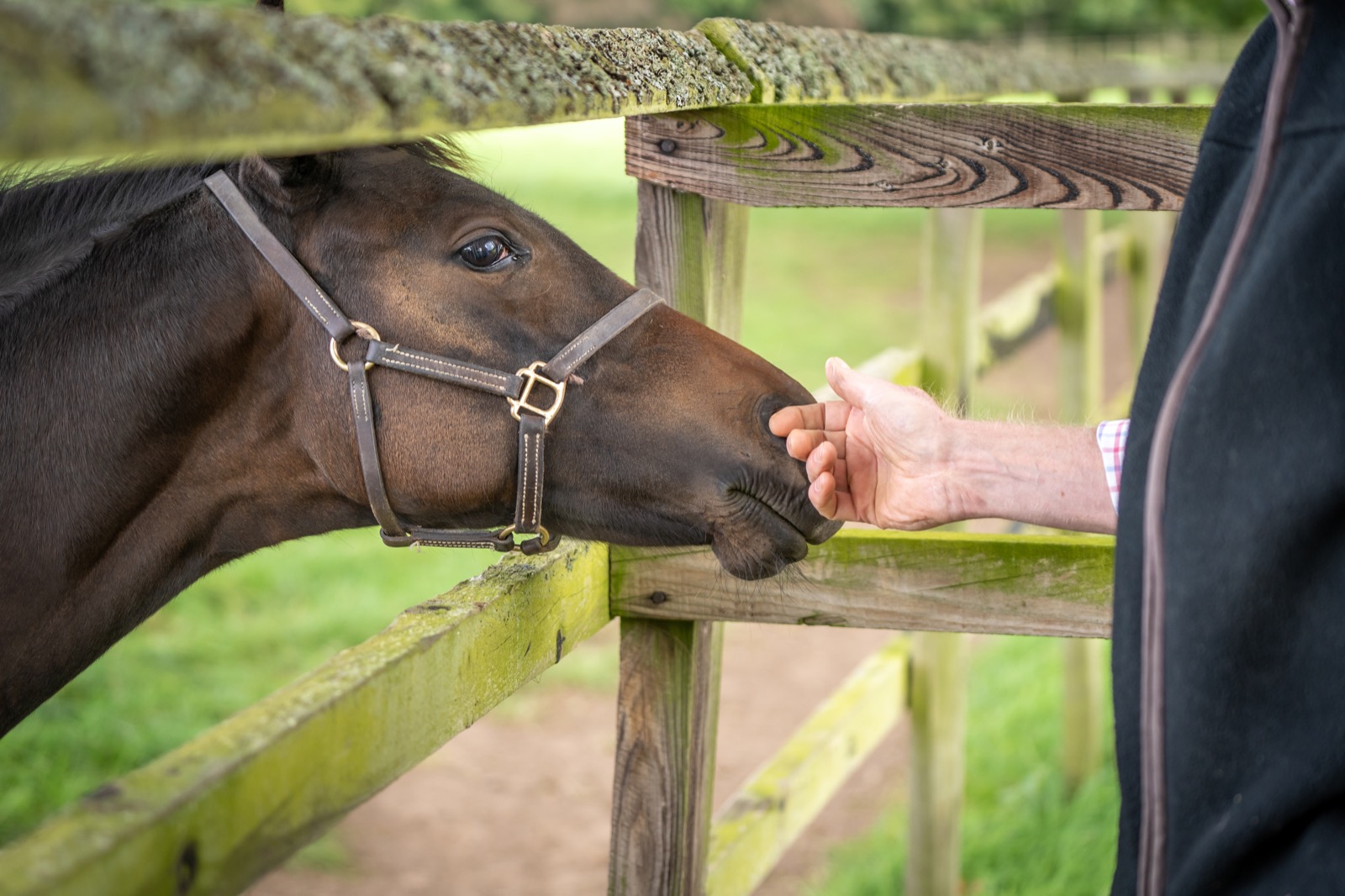Mental Health awareness is very important to many of us, and it’s equally vital that we highlight the struggles our equine companions can face, including how to spot signs of depression in horses.
While depression is widely recognised in humans, it is an illness which is too often overlooked in animals. Signs of depression vary from species to species, but, a pioneering French study has revealed humans and horses share some characteristic warning signs which can be helpful to know.
Your Horse Appears Withdrawn
Losing interest in things is one of the key signs of depression in humans and horses alike. Horses may become withdrawn, expressing disinterest towards their handler and activities which once excited them. Even in their home environment they won’t seem relaxed, often seeming distant and on edge.
Your Horse Is Experiencing Heightened Anxiety
While expressing disinterest towards everyday activities and people, depressive horses are likely to show heightened emotion towards challenging situations and new stimuli as they try to express their discomfort. Little things may make them uncomfortable or spook them when they didn’t before. The study, also noted increased levels of cortisol, the stress hormone, in the blood of horses which were exhibiting depressive behaviours.
Physical Signs Of Depression In Your Horse
Physical changes are perhaps somewhat easier to spot than characteristic ones, with a ‘withdrawn’ stance being one of the top things studies noted. When happy and content horses stand with their head up and ears moving inquisitively. Depressed horses frequently hold themselves lower, with their neck held level with their back in a droopy manner. They have also been noted to be immobile for long periods and their eyes are also likely to take on a glazed look as they detach from their surroundings. Just as with humans, being alone can pose its own challenges and while in their stables some horses will stand with their heads towards the wall.
Changes In Your Horse’s Appetite
We all know how our appetite can change during emotional turmoil and the same is true of horses. Loss of appetite can point to a change in their mental well-being which can often lead to them losing weight. Over time, this can lead to poor muscle development, depleted energy levels, and also leaves them susceptible to infection.
Equine health can be complex in nature which is why it’s important to have any worrying changes in attitude or behaviour addressed by a veterinary professional. While these symptoms are typical of depression in horses, physical problems must also be ruled out. Heightened stress and depression, even if only present for a short time, can lead to physical problems such as colic or gastric ulcers and so it’s vital any issues are treated as soon as possible.
You know your horse best, so if you notice any changes at all, it’s important to follow your intuition. The good news is that equine depression is manageable. You are your horse’s best advocate and, under veterinary advice, there are a number of things you can do to support their mental well-being and nurture them back to happiness.




